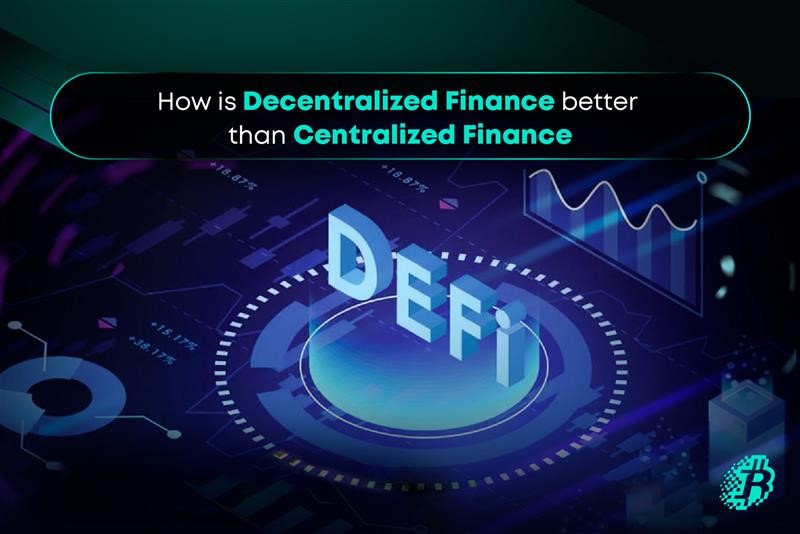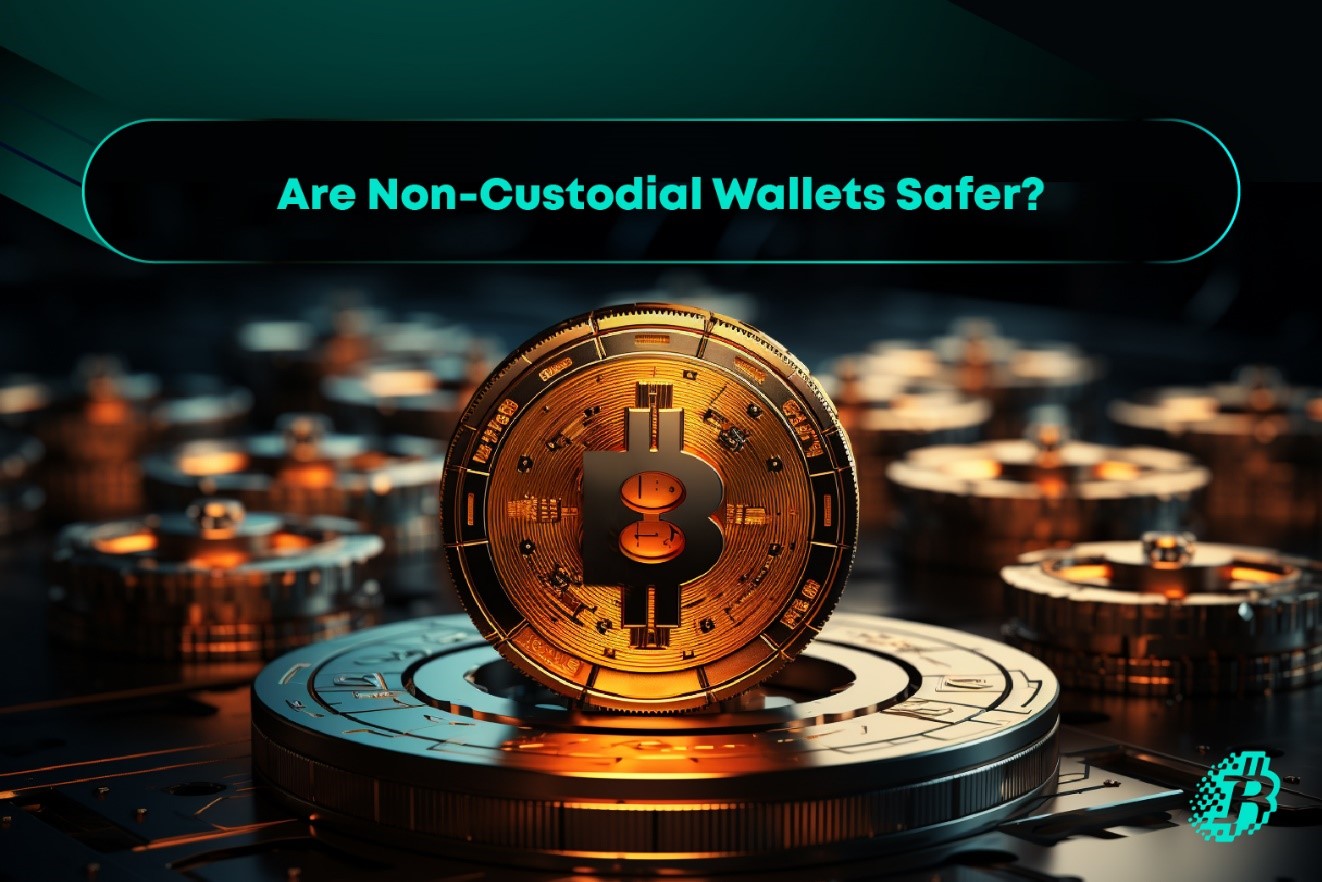How is Decentralized Finance better than Centralized Finance?
What is Centralized Finance?
Centralized finance, or centralized banking, is a system where a group of financial institutions, like banks, come together to manage and regulate the money and financial transactions of a country or region. In a centralized finance system, the banks work closely with the government to make sure that the country's economy is healthy and that people have access to the financial services they need.
In essence, it is a way that people can manage and use their money. It means that there is one main place where all the money is kept and controlled, like a bank. This makes it easier for people to save, borrow, and spend their money, and to keep track of it. It also helps to keep the money safe and secure, so people don't have to worry about losing it.
What is Decentralized Finance?
Decentralized finance, or DeFi, is a way to use money and financial services without going through a big bank or company. Instead, DeFi uses special computer programs called smart contracts to automatically manage and control money and financial services. This means that anyone can use DeFi, even if they don't have a bank account or a lot of money. It also makes the financial system fairer and more open for everyone.
Decentralized finance is a way of using technology to make financial transactions without needing a bank or other middleman. This means that people can lend and borrow money, trade assets, and do other financial activities directly with each other without having to go through a third party. It's a bit like having a garage sale instead of going to a store.
Market Statistics
The current market size value of DeFi (in 2022) is already USD 13.61 billion. While that may seem an impressive number, experts predict that by 2030, DeFi will rake in a whopping USD 231.19 billion in revenue, with a CAGR of 42.5% from 2022 to 2030. Considering, that it has been a little over a decade since the first crypto even came into being, the market size has grown tremendously. With the widespread popularity of Web3, DeFi seems even more promising within the next couple of years.
Advantages of DeFi
DeFi offers several advantages as compared to traditional finance. A couple of them are listed below:
- Faster: Because DeFi transactions happen on the blockchain, they can be processed almost instantly. This means you don't have to wait for days or weeks for your money to move from one place to another.
- Cost-efficient: For DeFi transactions, you don't need to go through banks or other intermediaries, they can be completed for much lower fees. This means you can save money on things like currency exchange or wire transfer fees.
- More secure: As DeFi transactions are recorded on the blockchain, they are much harder to hack or steal. This means your money is safer when you use DeFi than when you use traditional finance.
- More accessible: DeFi being decentralized, anyone with an internet connection can use it. This means you don't need to have a bank account or be approved for a loan in order to access financial services.
- Highly transparent: Since all DeFi transactions are recorded on the blockchain, they are open for anyone to see. This means you can track where your money is going and how it's being used, which can help you make better financial decisions.
Applications of DeFi
Decentralized finance, or DeFi, is a way of using technology to make financial transactions and services easier and more accessible. It allows people to use cryptocurrencies and other digital assets without having to go through a bank or other traditional financial institution.
One example of DeFi is lending. With DeFi, people can lend their money to others and earn interest on it, just like they would with a traditional bank. But with DeFi, the process is faster and more secure, because it uses blockchain technology to keep track of the transactions.
Another example is trading. With DeFi, people can buy and sell cryptocurrencies and other digital assets without having to go through a stock exchange or broker. This makes trading easier and more affordable, because it cuts out the middleman and reduces fees.
Overall, DeFi helps make financial services more open and accessible to everyone, regardless of where they live or how much money they have. It's like a new, digital way of doing finance, and it has the potential to change how we manage and use our money.
How Blockchains and Web3 are involved in DeFi
Blockchain technology and Web3 are an integral part of DeFi. They provide a decentralized, secure, and transparent platform for financial transactions. Blockchain allows for the creation of decentralized finance applications that are not controlled by any central authority and can operate without the need for intermediaries, such as banks or financial institutions.
Web3, on the other hand, is the infrastructure that allows decentralized applications to interact with blockchain technology. It provides the necessary tools and protocols for developers to build decentralized finance applications that are interoperable and can seamlessly interact with different blockchain networks.
Together, blockchain technology and web3 enable Defi to offer a wide range of financial services, such as lending, borrowing, trading, and asset management, without the need for intermediaries. This allows for greater accessibility, transparency, and security in the financial system, as well as lower fees and faster transaction times.
Conclusion
With DeFi, people can make financial transactions without the need for a bank or other traditional financial institution. This means that more people can access financial services, even those who may not have access to traditional financial institutions.
Defi also allows for more transparency and fairness in the financial system, as the decentralized nature of these networks makes it more difficult for any one person or group to manipulate the system for their own gain.
Overall, DeFi has the potential to change the world by making financial services more accessible and fairer for everyone.




